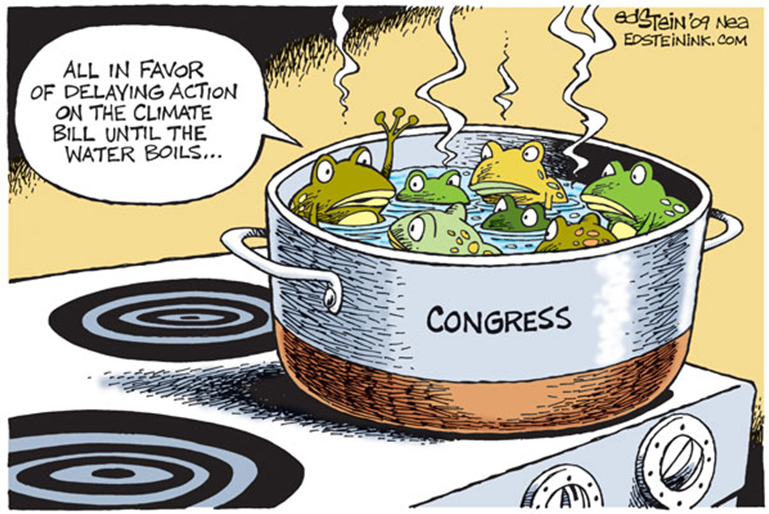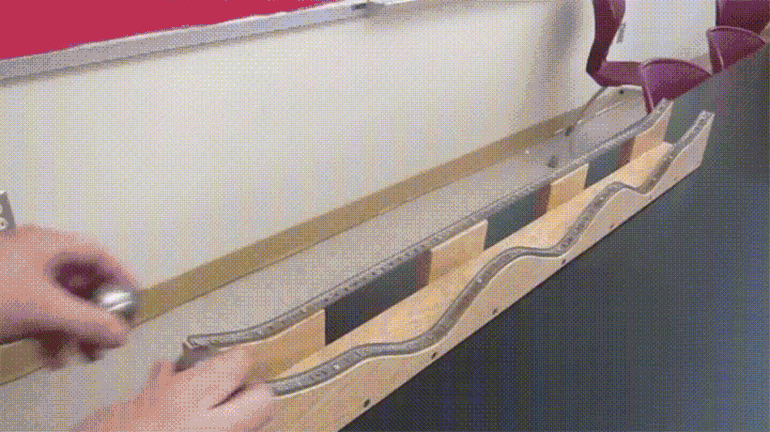
September 15, 2020 - Comments Off on The Prophecy of Action for the South East
The Prophecy of Action for the South East
Estimated reading time: 6 minutes
Cassandra from Greek mythology was blessed with the gift of prophecy but also cursed as nobody listened to her. She predicted the fall of Troy, an inflection point that led to a time of significant change.
In business, an inflection point is a change in the external environment, a shift that forces a change in how you operate and challenges your existing assumptions. COVID-19 is one such point, and the South-East could be changed more than anywhere else in Ireland, and it does not have to be negative.
Digital transformation has now been fast-tracked for business process, opportunities and competition. Our habits have changed during the lockdown, and despite the difficulties, some of it has been positive. We need to take this opportunity in the South East to take action for better business, politics and society.
In times of hardship and change such as a recession or a pandemic, it always reminds me of the Warren Buffet quote, "Only when the tide goes out do you discover who's been swimming naked." This we can see both globally and locally when we think of politics, business and society. Do a few cases come to mind? Even here in the South East?
A strategy is about 'Where to Play' and 'How to Win'. The innovations are the agile steps to take on that journey.
Now is the time to focus on our regional strengths so each business can create a strategy, and quick-win innovations to realise the untapped potential. We need to focus on an action plan for enterprise-led better products and services, which only then creates better quality and quantity of jobs.
Have we heard the voice of Casandra before and are we listening to her this time?
Strategy and Innovation, Closer Together
A strategy is about 'Where to Play' and 'How to Win'. The innovations are the agile steps to take on that journey. A shift in the business environment and the fast track of digital transformation, brought by COVID-19, blur the lines between strategy and innovation. Our strategy needs to be more agile to compete with a future of Transient Advantage and Competition Arenas which we will explore now.
Competitive advantage in any industry will become more transient; it will be suitable for a short amount of time until something disrupts or better still you disrupt yourself,
Transient Advantage: 'Where to Play' and 'How to Win' are moving sands, the competition moats built by incumbents are being attacked. Take, for example, Fujifilm, with the introduction of digital photography; they quickly shifted strategy to compete in the lucrative high-tech medical imaging industry. Kodak never embraced strategy and innovation in times of uncertainty and got left behind. Fujifilm is now a leading competitor in the high-tech medical imaging industry. The so-called industry boundaries are breaking down.
Competitive advantage in any industry will become more transient; it will be suitable for a short amount of time until something disrupts or better still you disrupt yourself, just like Fujifilm.
Competition Arenas: As the industry walls blur, the competition has to be seen now in the broader context of arenas rather than industry competitors. Netflix is a perfect example of framing its arena as competing for disposable time, not focusing just competing with the same industry incumbents like Amazon, Disney and Apple.

The next innovation phase is due from Netflix as the market gets more saturated in VOD entertainment. But with the arena framing of competing with disposable time, you can probably think of a few more fights they can pick to win? Online learning perhaps? Gaming? The key here is framing the competition in arenas rather than your defined industry sector if you want to find the next opportunity.
Just because a threat is massive doesn't mean that a response has to be. An incremental approach over time is the way forward.
Action Plan for Your Products and Services
Here are three fast-track steps to take advantage of the current situation in the South East. Just because a threat is massive doesn't mean that a response has to be. An incremental approach over time is the way forward. We need small steps with quick wins to bring everybody on board.
1. Don’t Boil the Frog
The last recession hit the South-East very hard, many businesses regressed and then suddenly disappeared. Are we just boiling the frog slowly again?

The first step is to define and announce a clear, shared Cassandra vision of dangerous future inflection points for business in the South East, then reverse engineer the critical actions to take, rather than react when it happens. We want the inevitable future inflection points to become strategic plays.
Successful companies take this very seriously; Intel hires fiction writers to create visions of their future so they can reverse engineer strategy and innovation.
'Trial with small errors' is the intelligence of doing things that respond to uncertainty in these difficult times
The Ireland South-East Development Office had already started curating future inflection points that create opportunity in sustainability and green technology, which could provide us with a head start in reverse engineering solutions.
The solutions must be realistic and planned with clearly defined assumptions that can be designed as tests with measurable outcomes for analysis.
2. Design and Prioritise Convex Actions
'Trial with small errors' is the intelligence of doing things that respond to uncertainty in these difficult times. Check out this 3 min explanation from Nassim Taleb. Probing our business assumptions from step 1 with a convex approach, designing low-risk ideas that have the possibility of high upside will provide the momentum to address and quickly create innovations and survival.
 (Trail and small error build momentum to get ahead of the rest)
(Trail and small error build momentum to get ahead of the rest)
We require a new toolkit to navigate the best strategy, test the assumptions and implement the innovation necessary for success. It must also empower a culture of constant innovation probing that will bring forward even more opportunities.
3. Action With Diversity
Industry in the South East is quite diverse, from financial services to ICT, engineering to tourism. Our varied portfolio of industry holds a considerable advantage for the cross-pollination of ideas to make the South East more robust and future proof.
Work with people who have as much to lose as you, keep the 'skin in the game', work and collaborate with other industries in the South East. Stick to actual business enterprises
I have been involved in designing many low-risk assumption tests which have failed and succeeded, the ones that have failed at the very least brought insightful learning. This experience has come through creating experiments and prototyping business models, services and product features for clients at Red Lemonade.
Here are some tips on building teams or presenting a staff member forward for a position, keep the teams to a max of 8 people:
- In large organisations, don't involve the CEO's or C-suite in the teams to start. They don't have the time and are generally sterile to the customer-facing challenges and innovation opportunities. Bring the C-suite in only after some success to foster projects to the next level. But, of course, you have to get their blessing first
- Curate a diverse team who are working in R&D, product managers, marketing, and customer service
- Snow melts at the edges, to find signs of Spring you have to find people at the boundaries of technology who are open and advocate new ideas
- Work with people who have as much to lose as you, keep the 'skin in the game', work and collaborate with other industries in the South East. Stick to actual business enterprises
- Believe that answers can be found between each other, waiting for government initiatives and interventions is wasting valuable time and will cause you to miss momentum and opportunity
- Getting started is better than being right, remember that you are looking to create quick wins by designing tests and prototypes to find opportunities. This is not a case of just one experiment, it should be several small experiments that don't cost the earth in the quest to find success. Good design is key to managing the trials with small error.
Bye, Bye COVID-19, Hello _______
Remember that the time for change in the South East is only starting. Challenging times are ahead, and we don't want as we had in the last recession, a pattern of slowly regressing and then suddenly disappearing businesses. The next inflection point is coming, another 10X change, and ask yourself:
- Are we over-reliant on susceptible low paid industries?
- What arenas beyond your industry should you be exploring?
- Should you be developing an existing service to a product?
- Or a product to service?
- What is your current business model are you not exploiting enough?
- Have you tested several innovation opportunities at low cost?
- Have you defined your business strategy?
Take Action Now
Take note of the bullet points in Step 3 and start a conversation with different departments in your company and other companies to explore opportunities for testing business ideas for innovations.
A good strategy is about making hard choices, and finding 'Where to Play' and 'How to Win'. Designing and testing some of your innovation assumptions will help your business model strategy.
Design is critical here; I'm not talking about the design of a logo, brochure or a website. I'm asking you to consider taking Business Design tools and methodologies into the heart of your company operations that will guide you on the viability of the next step in your business life cycle. An opportunity cost you can not afford to miss in the current business climate. There will be small losses, but the upsides are enormous, and this will help you navigate what we can all agree is the uncertain road ahead.
The myriad of companies in the South-East that work together and listen to Cassandra's calls are perfectly positioned to reinvent themselves.
Follow up reading:
Seeing Around Corners: How to Spot Inflection Points in Business Before They Happen - Rita McGrath
Playing to Win: How Strategy Really Works - A.J. Lafley
Fooled by Randomness: The Hidden Role of Chance in Life and in the Markets - Nassim Nicholas Taleb
John Cleere
John Cleere has over 20 years experience in Business Design and is the owner of Red Lemonade and Creative Sector Contact for Ireland South-East. His primary role is to convert strategy into innovation-based products, features and services. As a sector contact, he is available for questions, opportunities and insights in the South East.
Published by: Kieran Dowling in Tips
Comments are closed.